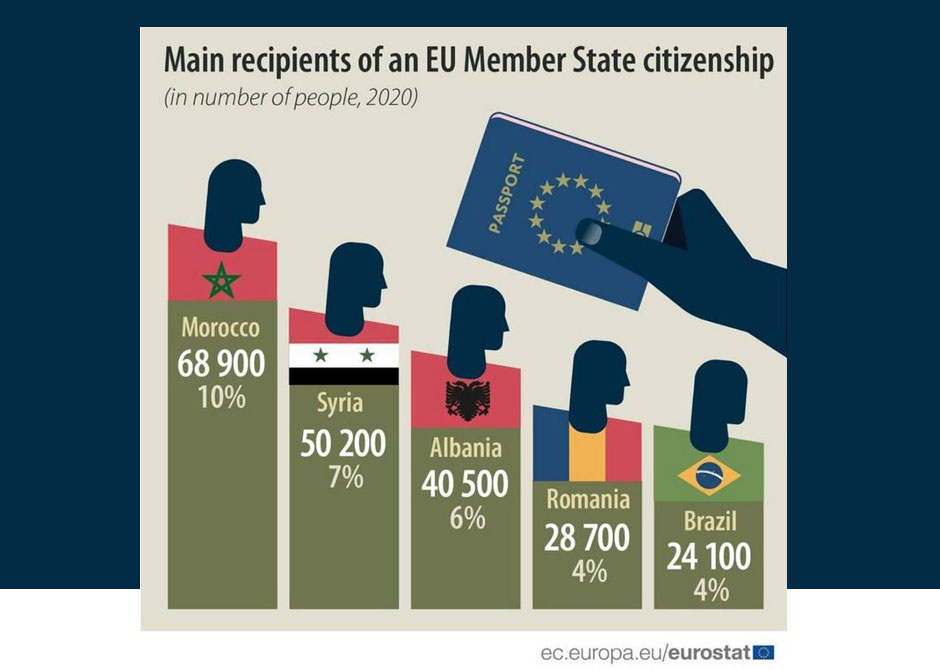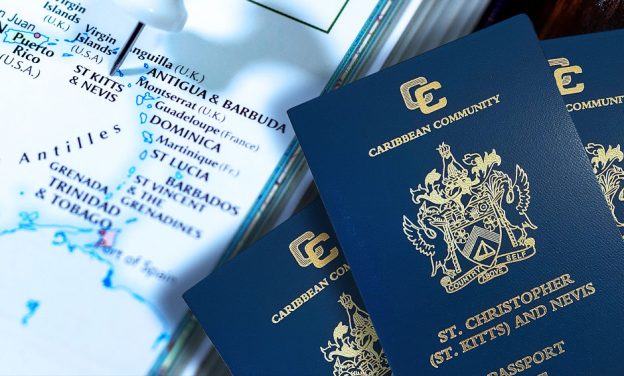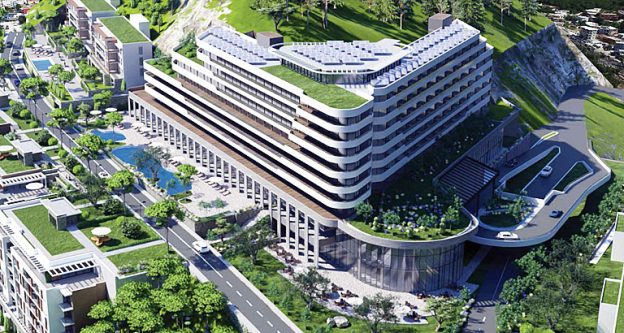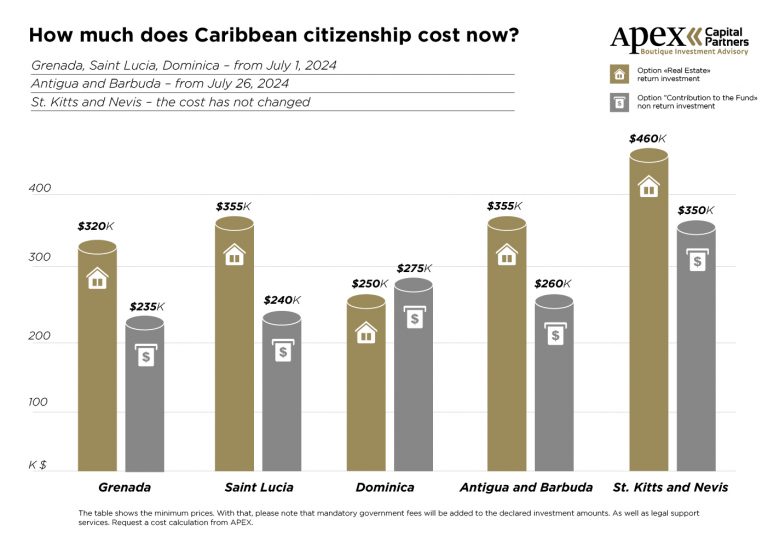Citizenship by Investment Programs of the Caribbean are under the threat no matter how hard they work on the procedure. Feels like nobody is ready to listen to the arguments including EU.
On 18th of March 2022 the creation of a regional Citizenship by Investment Program (CIP) regulatory body has been proposed by Cabinet of Antigua and Barbuda. This development follows the announcement by the European Union (EU) last Wednesday that it is considering removing visa-free travel to the Schengen Area from countries that currently have CIPs.
Cabinet spokesperson Melford Nicholas believes a regional response addressing the EU’s CIP concerns would signify compliance, and disclosed that Ambassador Colin Murdoch is currently in Geneva assisting the process with the European Union on this particular matter.
“It will be a response to the issues they have raised and it will be to demonstrate, over and above anything else, our intent to be compliant and sympathetic to issues that they may raise in terms of their own internal security,” Nicholas said during this week’s post-Cabinet press briefing.
“We can diversify our own offering to ensure that we will still be attractive to investors and investment from other jurisdictions where they may be precluded from obtaining citizenship, but they may well look favorably upon the residency program,” he said.

The spokesmen’s comments refer to the recent bevy of statements in the European Parliament painting citizenship by investment programs as a “backdoor to Europe” and potential security/money laundering risk, despite the exhaustive due diligence checks (and the relatively small number of participants) in these programs.
Meanwhile, the government is looking to widen Antigua and Barbuda’s CIP portfolio to increase the likelihood of investors seizing the opportunity to live in a country that offers several physical and mental health benefits while possibly working abroad as digital nomads.
Earlier this week, Antiguan prime minister Gastone Browne indicated Caribbean citizenship by Investment jurisdiction were being pressures to choose between either keeping their CBI programs or their visa-free access to Schengen, which prompted him to write letters to the EU parliamentarians and US congressmen to underscore the economically crucial role CIPs play in the region.
Note that in 2020, while both the European Commission and the European Parliament went to some length to characterize the stream of less-than-a-thousand individuals naturalized annually in the EU though citizenship by investment programs as a surreptitious menace, while simultaneously granting citizenships to 729,013 third-country nationals (like Marocco, Syria, Albania) in 2020, employing far less stringent background checks than those used with CIP’s.










